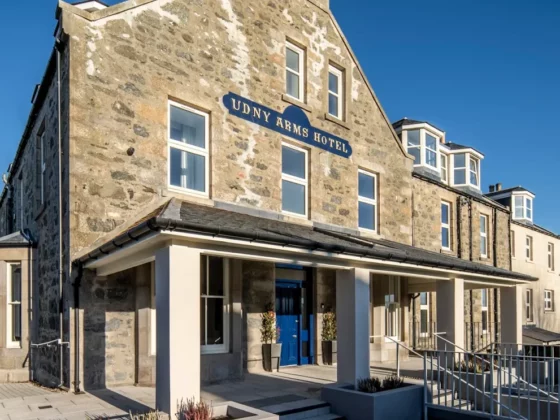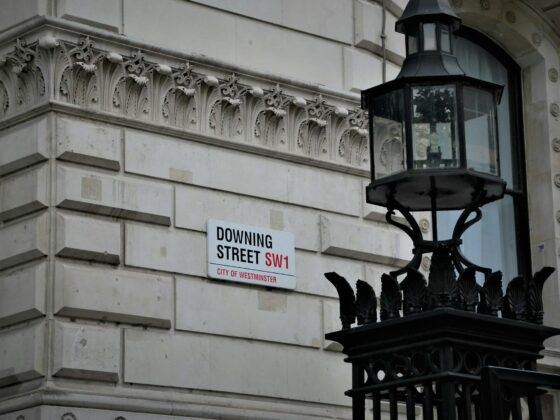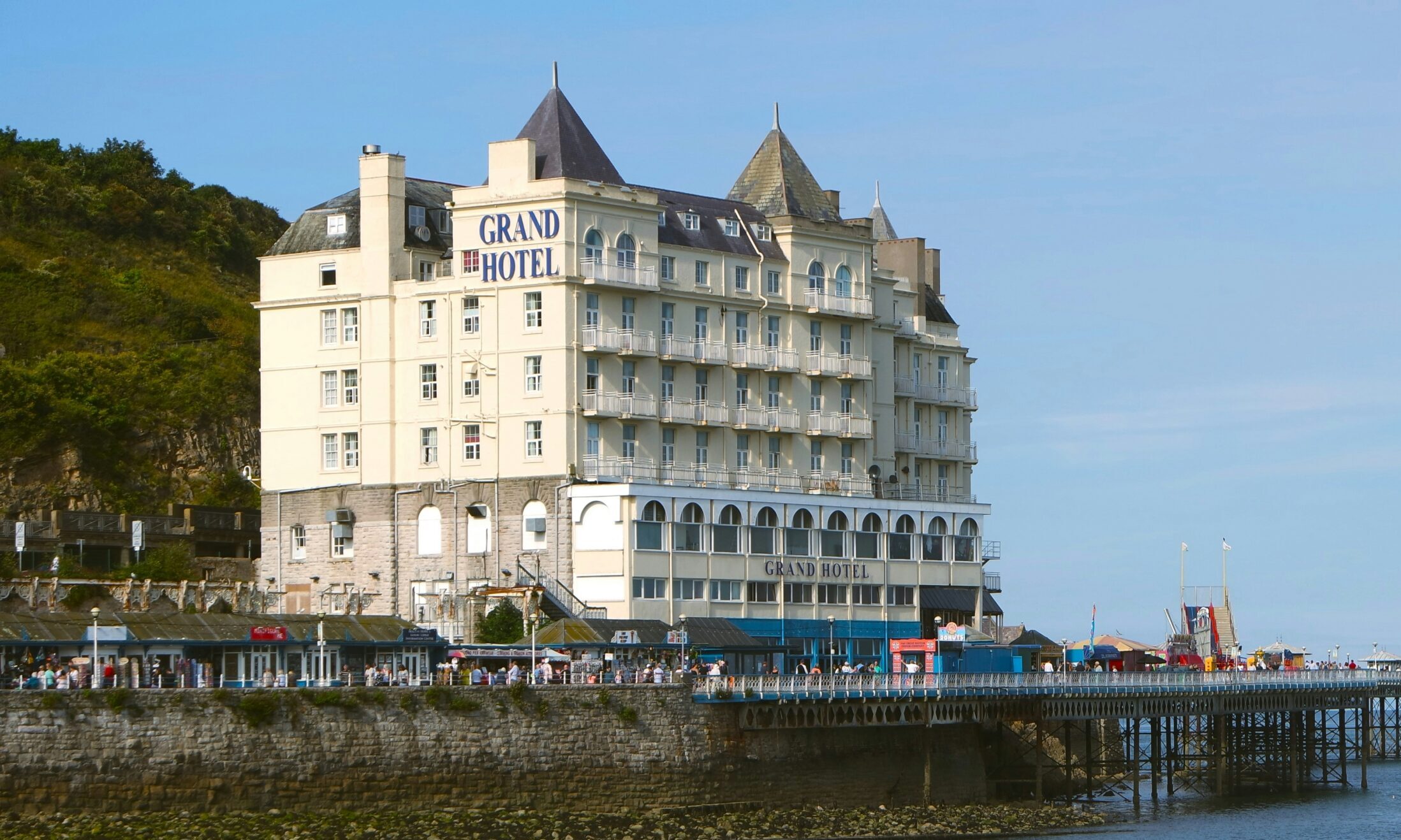The Spanish government believes that short-term rental platforms such as Airbnb, VRBO and Booking are contributing to rising property prices and exacerbating the housing shortage in major cities such as Madrid and Barcelona.
Real Decreto 13212/2024, passed in January 2025, establishes a mandatory national register (Registro Único de Arrendamientos) for all short-term rentals, a system also known as the ‘Ventanilla Única Digital de Arrendamientos’.
All current landlords – there are nearly 1.5 million in Spain – must apply for a unique identification number (NRUA), which has been mandatory since 1 July. This number must be included in all online advertisements, otherwise a fine of up to €500,000 may be imposed in extreme cases of non-compliance.
The fine will also be very severe for platforms that do not display this number. Already, 66,000 online advertisements have been removed from the Airbnb platform alone.
Two weeks before the deadline, 87% of landlords are not in compliance
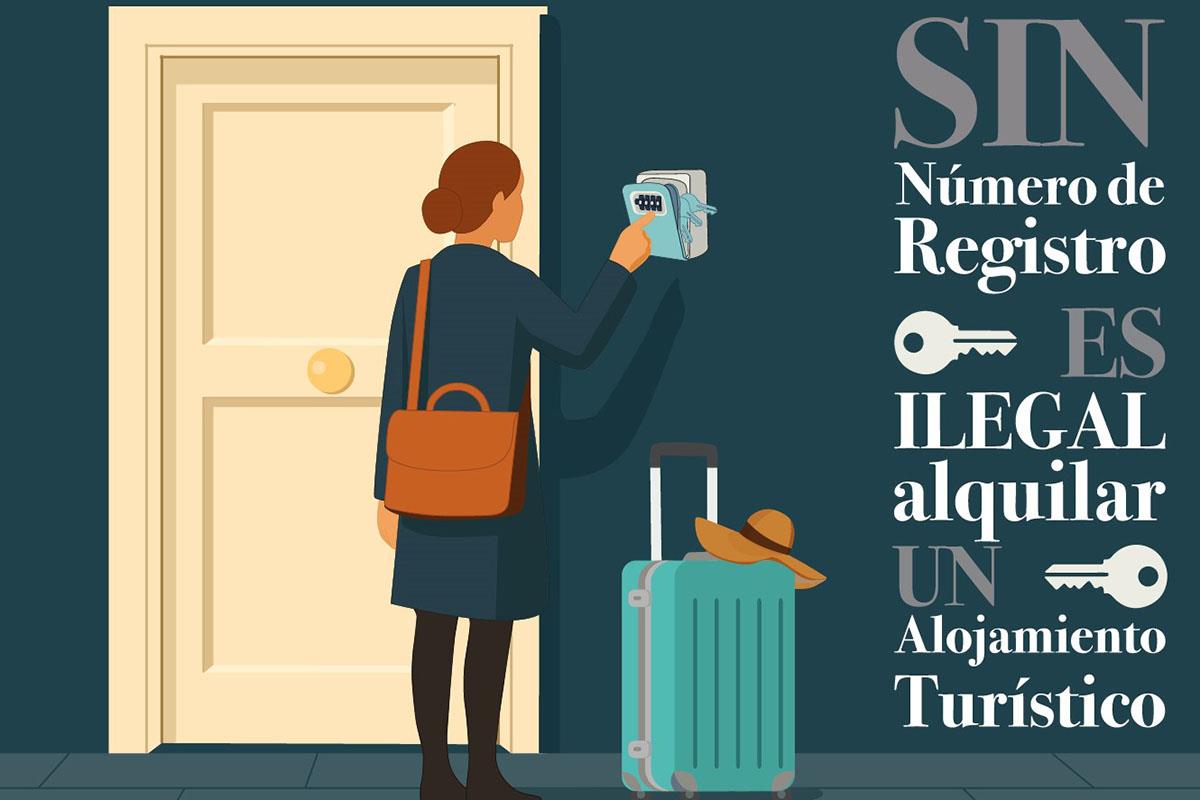
As of 15 July 2025, according to recent data, approximately 87% of active listings did not have an NRUA, representing more than 1.1 million beds at risk of being withdrawn in August. Owners have less than a week to comply. As of 1 August 2025, accommodation without a Unique Rental Registration Number (NRUA) will no longer be able to appear on a seasonal rental platform in Spain if that platform is transnational (Airbnb and Booking are firmly in the crosshairs) and has a booking engine.
In the event of failure to display the NRUA or any irregularities, platforms (notably Airbnb and Booking) must remove the listings within 48 hours of notification by the administration, or offer a period of 10 working days to rectify the situation.
Only accommodation not linked to a booking engine (advertisements published without online payment/contract) is not subject to the NRUA requirement.
Even stricter regulatory measures
In addition, the Royal Decree has given greater power to co-ownership associations. In fact, 60% of co-owners must explicitly give their consent before any property can be offered for tourist rental.
From July 2025, certain areas considered to be ‘tight markets’ may be subject to rent caps, particularly if the same owner owns five or more properties, in order to combat disguised professionalisation.
Local communities have further tightened conditions
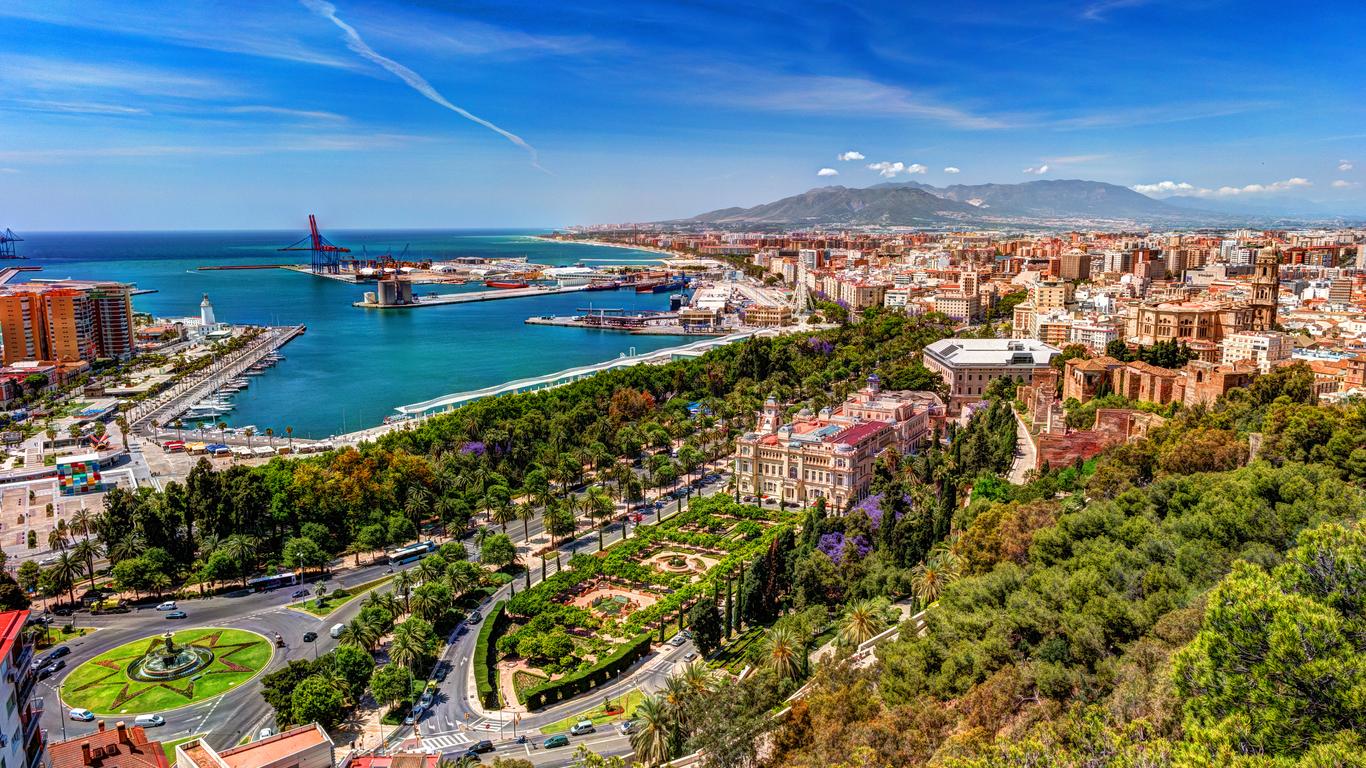
In Malaga (above): a three-year moratorium on new tourist licences has been imposed in 43 neighbourhoods where tourist rentals account for more than 8% of the residential stock.
In Barcelona, no new licences will be issued with the aim of eliminating the 10,000 existing licences by 2028.
The authorities in Seville have tightened sanctions, which can include suspension of utilities (water, electricity) for rentals.

![]()





